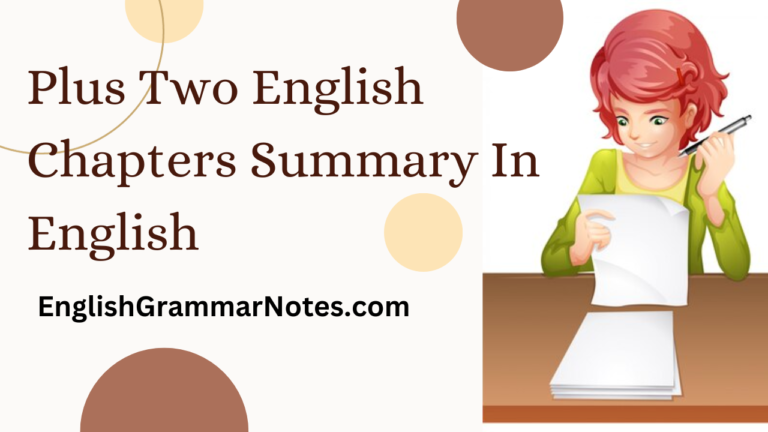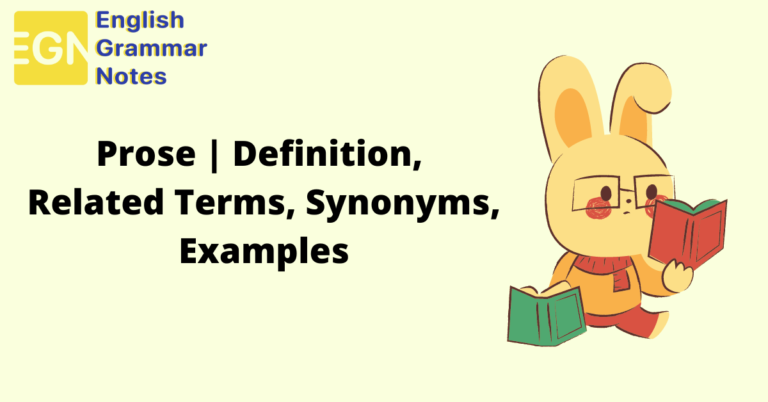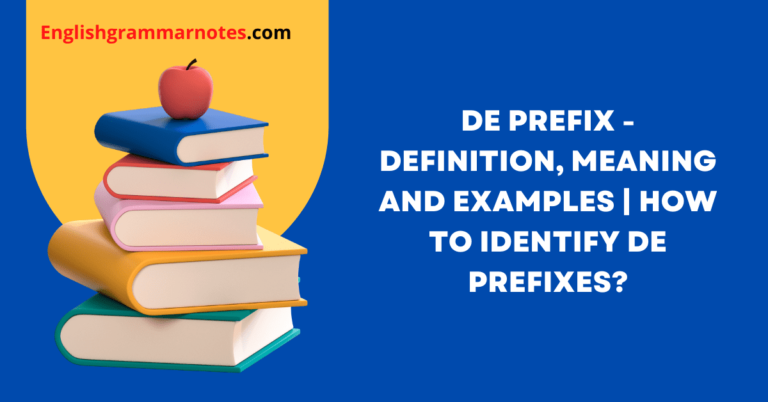Matchbox Summary
Matchbox project is a captivating exploration of the ordinary made extraordinary. It invites us into a world where the seemingly unassuming matchbox becomes a symbol of connection, memory, and culture. Matchbox Summary Pdf a collection of stories, anecdotes, and insights, the Matchbox project unveils the hidden narratives and personal histories that lie within this everyday object. Read More Class 12 English Summaries. Matchbox About The Author : – Ashapurna Debi Ashapurna Debi (1909-1995) is a prominent Bengali novelist and poet. She has received many awards including Jnanpith and Padma Shri. Matchbox Summary in English Page 1: I always compare women to matchboxes. Matchboxes contain enough gun powder to make a hundred Lankas burn. But they sit around meek and innocent in the kitchen, in the pantry, in the bedroom, in fact in any place. Women are the same. Here is an example. Look at that enormous 3-story house in front. It is Sunday morning. The washer-man has come to collect the soiled clothes. Nomita is the wife and Ajit is the husband. Before handing over Ajit’s dirty clothes, Nomita checks his pockets. She discovers a letter. It was a twisted, crumpled and torn envelope with Nomita’s name on it. Suddenly …





